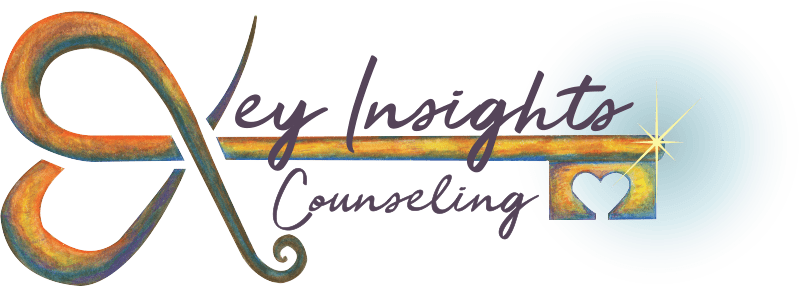Book Reviews
My favorite books!
Let’s face it, time is short, precious and we don’t always have enough time in the day to get everything in that we want to. In order to help you, I will be provding regular summaries of some of my favorite “self-help” books. Hopefull the summary will be enough information for you to decide if you would like to own the book yourself, or perhaps the summary is enough for you. I voraciously read old and new self help books and find helpful “Nuggets.” I will share these nuggets for you!
The Neuroscience of You: How Every Brain Is Different and How to Understand Yours by Chantel Prat (Author, Narrator)
Link to Book on Amazon: https://amzn.to/4aJpVVp
1. Neural Plasticity: The book "The Neuroscience of You" highlights the concept of neural plasticity, which refers to the brain's ability to change and reorganize itself throughout our lives. It emphasizes that our experiences, thoughts, and actions have the power to shape our neural pathways. (Really, you can teach and old dog new tricks!)
2. Neuroplasticity and Learning: The authors explain how the principles of neuroplasticity can be applied to enhance learning and skill acquisition. They delve into the importance of repetition, practice, and deliberate focus in rewiring our brains to strengthen neural connections related to specific skills or knowledge. (Practice really does make perfect)
3. Emotions and the Brain: The book explores the intricate relationship between emotions and the brain. It delves into the brain regions involved in emotional processing, highlighting how our thoughts, experiences, and even our environments can impact our emotional well-being. (So, when you are feeling a certain way, you understand what part of your brain is firing.)
4. Stress and the Brain: The authors shed light on the impact of chronic stress on the brain. They discuss how prolonged exposure to stress hormones can lead to structural changes in the brain, affecting memory, cognition, and overall mental health. It offers strategies to mitigate stress and protect brain health. (There is a great exercise in this section that shows you “Brain overload”)
5. Brain-Body Connection: "The Neuroscience of You" emphasizes the bidirectional relationship between the brain and the body. It explains how physical exercise, nutrition, and sleep play crucial roles in promoting optimal brain health and overall well-being.
6. Habits and Neural Pathways: The book explores how habits form and how they are deeply rooted in our brain's neural pathways. It provides strategies for creating and breaking habits by harnessing the power of neuroplasticity to reshape brain circuitry associated with specific behaviors. (Some great information, I also recommend reading “Atomic Habits” by James Clear.)
7. Neurotransmitters and Mood: The authors delve into the role of neurotransmitters in influencing our mood and mental health. They explain how imbalances in serotonin, dopamine, and other neurotransmitters can contribute to conditions like depression, anxiety, and addiction. (It helps you understand YOUR brain’s desired chemical mix too!)
8. Mindfulness and Brain Function: The benefits of mindfulness practices on brain function are highlighted throughout the book. It discusses how mindfulness-based techniques can positively impact attention, emotional regulation, and cognitive flexibility by promoting neuroplastic changes in the brain. (There is more and more research coming out about the necessity of mindfulness. The idea of “focused neuroplasticity” further supports the need for slowing down and focusing our attention.)
9. Memory Formation and Retrieval: "The Neuroscience of You" delves into the various stages of memory formation and retrieval. It explains how different brain regions, such as the hippocampus and prefrontal cortex, work together to encode, consolidate, and retrieve memories, offering insights into improving memory and learning. (Lots of great tips here!)
10. Neurogenesis and Aging: The book touches upon the concept of neurogenesis, the formation of new neurons, and its implications for aging. It explores the potential of lifestyle factors such as exercise, mental stimulation, and social engagement in promoting neurogenesis and maintaining cognitive function as we grow older. (This really solidified my “never stop learning” and “be better everyday mindset.” )
These are just a few of the key concepts highlighted in the book "The Neuroscience of You." By delving into the intricacies of the brain, it offers valuable insights into how we can harness the power of neuroplasticity to enhance our mental well-being, develop new skills, and lead more fulfilling lives. For a link to the book on Amazon, click here: Neurscience of you

